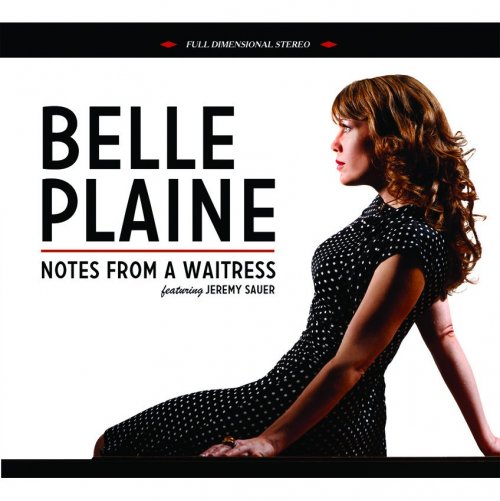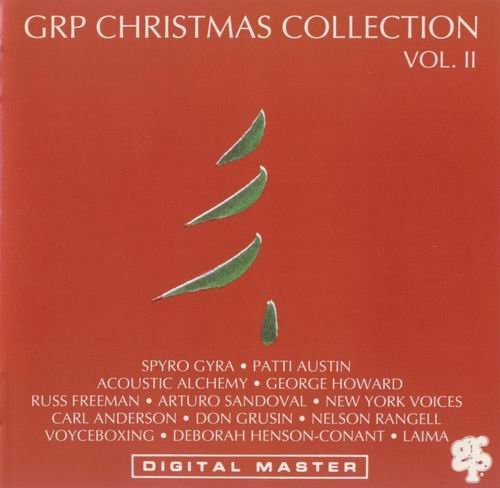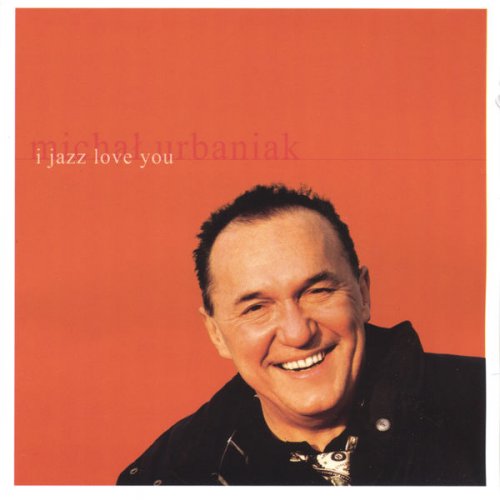Karel Ančerl - Karel Ančerl Edition (2023) [Hi-Res]
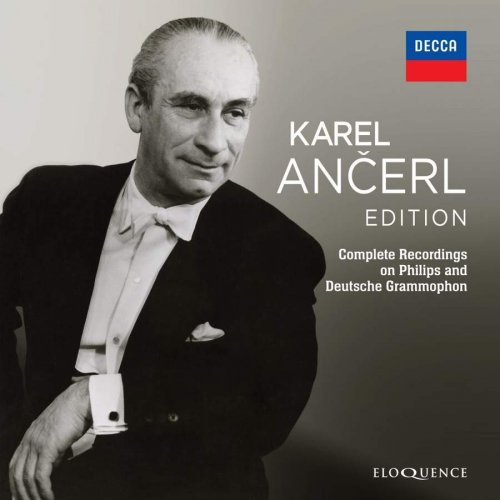
Artist: Wiener Symphoniker, Berliner Philharmoniker, Czech Philharmonic Orchestra, Karel Ančerl, Maria Stader, Sieglinde Wagner, Ernst Haefliger, Kim Borg
Title: Karel Ančerl Edition
Year Of Release: 2023
Label: Eloquence
Genre: Classical
Quality: FLAC (tracks) [48kHz/24bit]
Total Time: 7:20:13
Total Size: 4.4 / 1.96 GB
WebSite: Album Preview
Tracklist:Title: Karel Ančerl Edition
Year Of Release: 2023
Label: Eloquence
Genre: Classical
Quality: FLAC (tracks) [48kHz/24bit]
Total Time: 7:20:13
Total Size: 4.4 / 1.96 GB
WebSite: Album Preview
CD 1
01. I. Scene. Swan Theme
02. II. Valse in A Major
03. III. Danse des petits cygnes
04. IV. Scene
05. V. Danse Hongroise
06. I. Introduction. The Lilac Fairy
07. II. Pas d'action. Rose Adagio
08. III. Pas de caractère. Puss in Boots
09. IV. Panorama. Andantino
10. V. Valse
CD 2
01. I. Miniature Overture
02. IIa. March
03. IIb. Dance of the Sugar-Plum Fairy
04. IIc. Russian Dance (Trepak)
05. IId. Arabian Dance (Coffee)
06. IIe. Chinese Dance (Tea)
07. IIf. Dance of the Reed-Pipes
08. III. Waltz of the Flowers
09. II.. Walzer. Moderato
10. Tchaikovsky: Romeo and Juliet, Fantasy Overture, TH 42
11. Tchaikovsky: Slavonic March, Op. 31
CD 3
01. Tchaikovsky: 1812 Overture, Op. 49, TH 49
02. I. Andante sostenuto - Moderato con anima
03. II. Andantino in modo di Canzona
04. III. Scherzo. Pizzicato ostinato - Allegro
05. IV. Finale. Allegro con fuoco
CD 4
01. I. Adagio - Allegro molto
02. II. Largo
03. III. Scherzo. Molto vivace
04. IV. Allegro con fuoco
05. Vltava, JB 1:112/2
CD 5
01. No. 1 in C Major. Presto
02. No. 2 in E Minor. Allegretto scherzando
03. No. 3 in A-Flat Major. Poco allegro
04. No. 4 in F Major. Tempo di minuetto
05. No. 5 in A Major. Allegro vivace
06. No. 6 in D Major. Allegretto scherzando
07. No. 7 in C Minor. Allegro assai
08. No. 8 in G Minor. Presto
09. Brahms: Hungarian Dance No. 5 in G Minor, WoO 1 No. 5 (Orch. Parlow)
10. Brahms: Hungarian Dance No. 6 in D-Flat Major, WoO 1 No. 6 (Orch. Parlow)
11. Brahms: Hungarian Dance No. 7 in A Major, WoO 1 No. 7
12. Brahms: Hungarian Dance No. 10 in F Major, WoO 1 No. 10
13. Brahms: Hungarian Dance No. 1 in G Minor, WoO 1 No. 1
14. Brahms: Hungarian Dance No. 2 in D Minor, WoO 1 No. 2
15. Brahms: Hungarian Dance No. 3 in F Major, WoO 1 No. 3
CDs 6–7
01. I. Requiem aeternam
02. II. Graduale
03. III. Dies irae
04. IV. Tuba mirum
05. V. Quid sum miser
06. VI. Recordare, Jesu pie
07. VII. Confutatis maledictis
08. VIII. Lacrimosa
09. IX. Offertorium
10. X. Hostias
11. XI. Sanctus
12. XII. Pie Jesu
13. XIII. Agnus Dei
CD 8
01. I. Toccata
02. II. Aria I
03. III. Aria II
04. IV. Capriccio
05. I. Moderato
06. II. Scherzo. Presto
07. III. Andante
08. IV. Allegro con brio
CD 9
01. I. Moderato
02. II. Allegro
03. III. Allegretto
04. IV. Andante - Allegro
Karel Ančerl made most of his recordings behind the Iron Curtain for the Supraphon label, as chief conductor of the Czech Philharmonic between 1950 and 1968. However, as the Czech Philharmonic Orchestra began to tour abroad, Ančerl’s own reputation rose with them, and he accepted invitations to lead orchestras across Europe and the US.
Deutsche Grammophon recorded the Czech Philharmonic and Ančerl while they were on a tour of Germany in 1955, and international listeners discovered the ‘Ančerl style’ – taut, with clean lines, yet always an eloquent singing quality to the melodies – as it applied to the Tenth Symphony of Shostakovich.
The mono LP set the standard for recorded versions of the symphony in years to come. So did the subsequent DG recording, made in Prague, of the Requiem by Dvořák. Though the cast of solo singers is German, featuring Maria Stader on the top line, the burning passion of the performance as a whole is inimitably Czech. Ančerl was an equally superb Stravinskian, and his DG recording of the Violin Concerto complements his Supraphon legacy of the ballets and vocal works.
In the spring of 1958, Ančerl made several albums with the Wiener Symphoniker, which had become a ‘house band’ for Philips. The demonstration-quality engineering of the Dutch label complemented the conductor’s intensely dramatic approach to Dvořák (the Ninth Symphony), Smetana (Vltava) and a collection of Tchaikovsky including ballet suites, the 1812 Overture and the Fourth Symphony.
Preserving the original coupling of Dvořák’s Op. 46 Slavonic Dances, we have the first official CD/Digital release of Tibor Paul’s recording of seven of Brahms’s Hungarian Dances.
Ančerl brought to Czech and Russian repertoire in particular an old-school authority balanced by a warmth and even a vulnerability that seems to reflect his own temperament. His DG and Philips legacy captures him on top form, and this edition evokes the spirit of the time with original covers and a new essay by Peter Quantrill exploring Ančerl’s life, his rocky relationship with the Czech Philharmonic and the background to these recordings.
Deutsche Grammophon recorded the Czech Philharmonic and Ančerl while they were on a tour of Germany in 1955, and international listeners discovered the ‘Ančerl style’ – taut, with clean lines, yet always an eloquent singing quality to the melodies – as it applied to the Tenth Symphony of Shostakovich.
The mono LP set the standard for recorded versions of the symphony in years to come. So did the subsequent DG recording, made in Prague, of the Requiem by Dvořák. Though the cast of solo singers is German, featuring Maria Stader on the top line, the burning passion of the performance as a whole is inimitably Czech. Ančerl was an equally superb Stravinskian, and his DG recording of the Violin Concerto complements his Supraphon legacy of the ballets and vocal works.
In the spring of 1958, Ančerl made several albums with the Wiener Symphoniker, which had become a ‘house band’ for Philips. The demonstration-quality engineering of the Dutch label complemented the conductor’s intensely dramatic approach to Dvořák (the Ninth Symphony), Smetana (Vltava) and a collection of Tchaikovsky including ballet suites, the 1812 Overture and the Fourth Symphony.
Preserving the original coupling of Dvořák’s Op. 46 Slavonic Dances, we have the first official CD/Digital release of Tibor Paul’s recording of seven of Brahms’s Hungarian Dances.
Ančerl brought to Czech and Russian repertoire in particular an old-school authority balanced by a warmth and even a vulnerability that seems to reflect his own temperament. His DG and Philips legacy captures him on top form, and this edition evokes the spirit of the time with original covers and a new essay by Peter Quantrill exploring Ančerl’s life, his rocky relationship with the Czech Philharmonic and the background to these recordings.
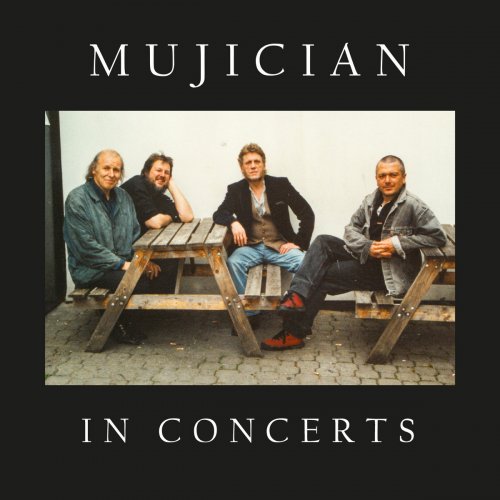
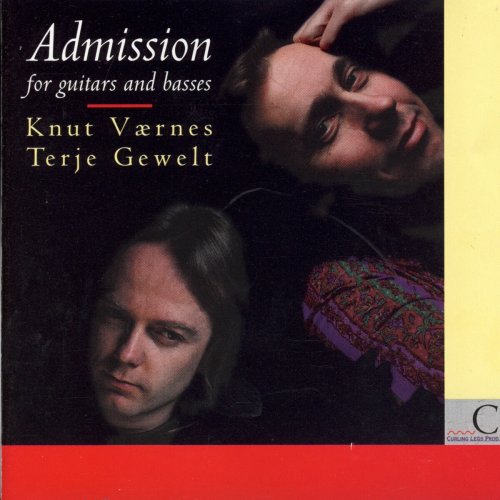


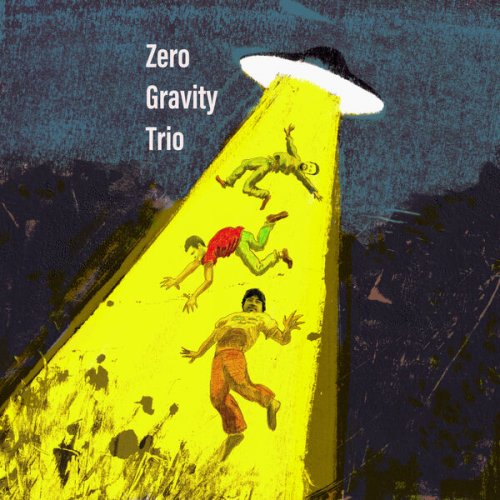
![Pharoah Sanders - Love is Here: The Complete Paris 1975 ORTF Recordings (2025) [Hi-Res] Pharoah Sanders - Love is Here: The Complete Paris 1975 ORTF Recordings (2025) [Hi-Res]](https://www.dibpic.com/uploads/posts/2025-12/1766433183_a3712374313_10.jpg)
